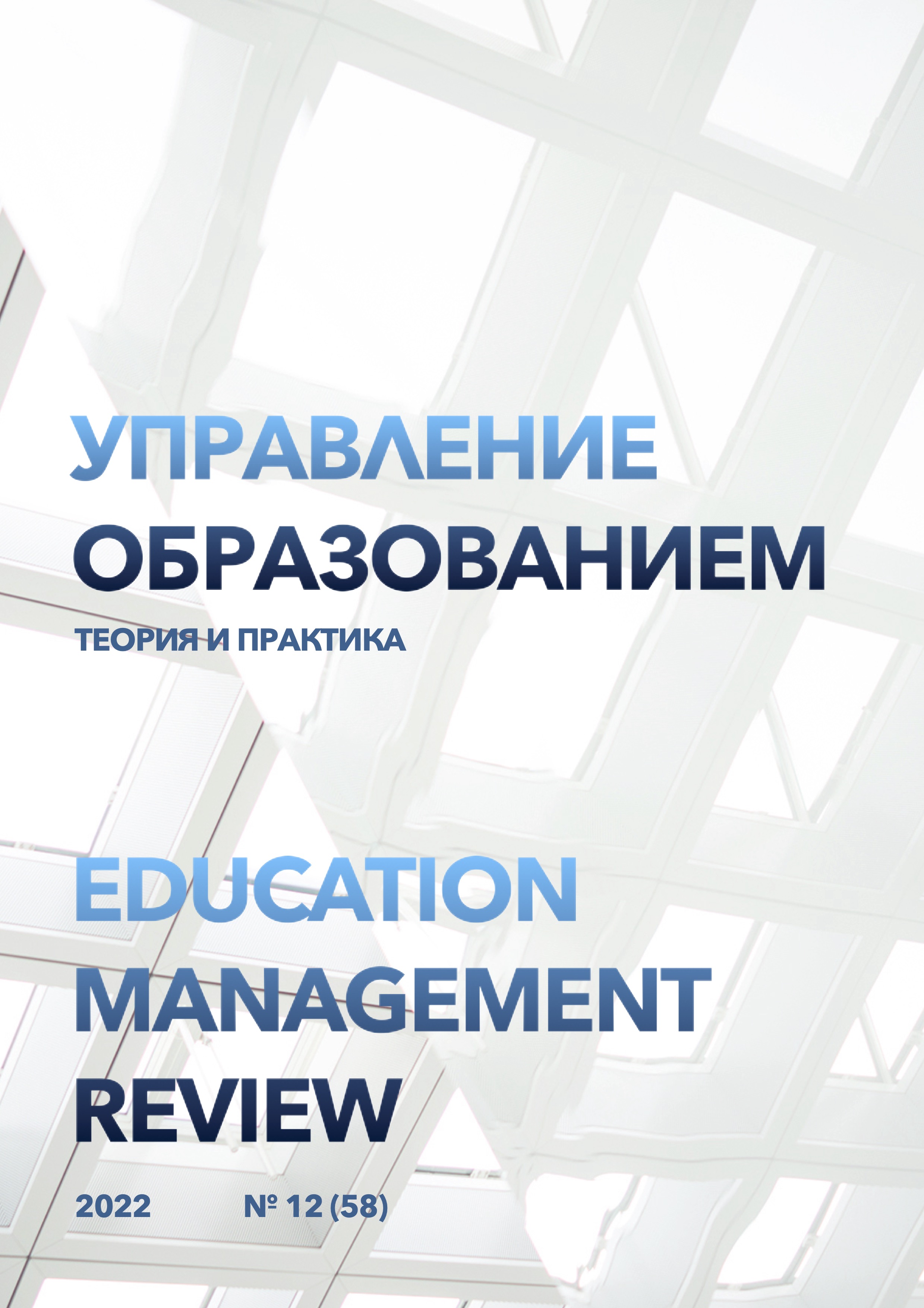Linguistic basics of teaching spelling in russian language lessons at school
DOI:
https://doi.org/10.25726/b9400-4280-3895-cKeywords:
Russian language lesson, spelling, morphology, general didactic and methodological principles of teachingAbstract
The article is devoted to the linguistic foundations of teaching spelling at Russian language lessons in a general educational institution. The authors note that teaching the spelling of the Russian language in connection with grammar is the logically conditioned process that is necessary for the formation of the student's speech competence and, which is not unimportant, in preparing for the unified state exam. The morphological principle of spelling is considered, which involves writing significant parts of a word (morphemes) in the same way, regardless of their sound. This principle ensures the graphic uniformity of morphemes, regardless of the sound changes that may occur in them in the speech stream. However, in order to be able to use this type of algorithm, students must be able to correctly determine the structure of a word. If this skill is not sufficiently developed, students will make mistakes, will not be able to correctly identify morphemes, and, consequently, the division into syllables will be inaccurate. Sometimes words are written traditionally, without taking into account the morphological structure of the word or its sound in modern Russian. This principle of writing is called traditional, or historical. In this case, the origin of the word, its features that have developed in the process of the historical development of the language are taken into account. For example: blood - bloody, help - help.
References
Антончук А.И. Анализ диссертационных исследований по методике обучения орфографии http://www.nbuv.gov.ua/portal/Soc_Gum/Apsf/2008_16 / articles / article28.pdf
Богоявленский Д.Н. Психология усвоения орфографии. Акад. пед. наук РСФСР. Науч. - исслед. ин-т психологии. 2-е изд., перераб. и доп. М.: Просвещение, 1966. 307 с.
Бондарь О.И., Карпенко Ю.А., Никитин-Дружинец М.Л. Cовременный русский язык: Фонетика. Фонология. Орфоэпия. Графика. Орфография. Лексикология. Лексикография. К.: ВЦ "Академия", 2006. 368 с.
Бондаренко С.М., Граник Г.Г., Концевая Л.А. Секреты орфографии: книга для учащихся. М.: Просвещение, 2001. 222 с.
Витюк В. Психологические факторы формирования орфографических умений и навыков // УМЛШ. 2005. № 6. С. 5-7.
Дикая Н. Работа над грамматическими (морфологическими) ошибками. М., 2002. № 12. С. 30-33.
Лурия А.Р. Язык и знание. М.: Издательство Московского университета, 1979. 320 с.
Лурия А.Р. Письмо и речь: Нейролингвистические исследования: Учеб. пособие для студ. психол. фак. высш. учеб. Заведенный. М.: Издательский центр «Академия», 2012. 352 с
Приступа Г.Н. Основы методики орфографии в средней школе. Рязань, 1973.
Щерба Л.В. Основные принципы орфографии и их социальное значение // В кн. Избранные работы по русскому языку. М., 1957. С. 45-49.




